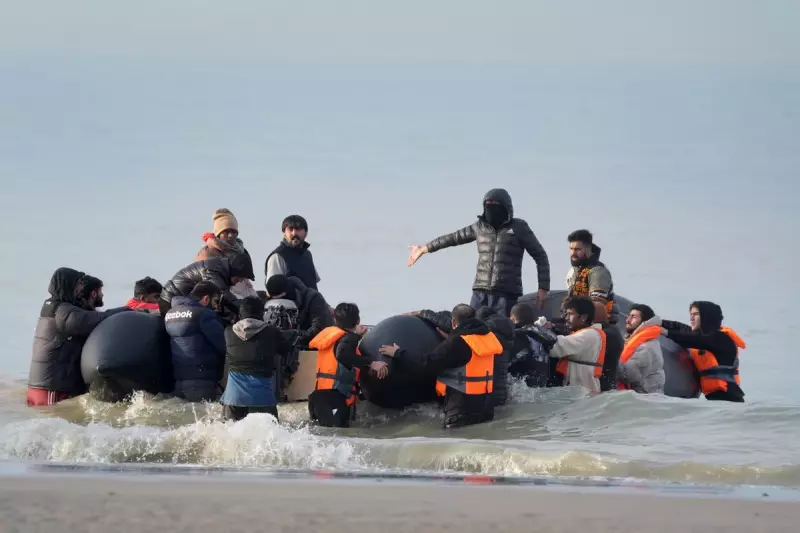
As the Labour government announces a new crackdown on migration, former Home Secretary Jack Straw has called for a fundamental re-examination of the UK's relationship with the European Convention on Human Rights (ECHR). He contends that the European Court of Human Rights in Strasbourg is guilty of significant overreach and that the UK must reassert its domestic authority.
The Historical Contradiction and UK Resistance
Jack Straw highlights a profound irony in the ECHR's origins. One of its principal architects, Sir David Maxwell Fyfe, was a profoundly conservative figure who later, as Home Secretary, opposed decriminalising gay sex. The Convention, drafted in the fledgling Council of Europe, was designed as a restatement of core liberties the British believed they already possessed.
For decades, the UK resisted incorporating the ECHR into domestic law on a bipartisan basis. The argument was straightforward: these rights already existed in an uncodified form, and incorporation was seen as an unnecessary continental import. It was not until the late 1990s, under the leadership of John Smith and Tony Blair, that Labour committed to incorporation.
As Home Secretary, Jack Straw was tasked with working out the details, resulting in the Human Rights Act 1998 (HRA). Fortunately, the bill passed with cross-party consensus, with the Conservative spokesman Sir Nicholas Lyell eventually wishing it well.
The Problem: Strasbourg's 'Living Instrument' Doctrine
Straw argues that the problem troubling politicians today stems not from the HRA or the Convention's text, but from the European Court of Human Rights in Strasbourg. From the late 1970s, the Court began asserting an expansive, activist interpretation, advancing the idea that the Convention is a 'living instrument' which must be interpreted in light of present-day conditions.
While this approach can be acceptable to a point, Straw asserts that Strasbourg has gone far beyond the traditional principles of treaty interpretation, sidelining democratic will and undermining consent for its authority. He disputes the court's claimed successes, such as the abolition of birching, which was actually ended in Great Britain in 1948 and in Northern Ireland in 1968, long before relevant Strasbourg rulings.
The worst example of this overreach, according to Straw, was the 2005 decision in Hirst v The United Kingdom, where the court held that the UK's blanket ban on prisoner voting was unlawful. The judgment was factually inaccurate and its reasoning weak, representing a gratuitous interference in domestic politics that took nine years to resolve.
Immigration, Asylum, and the Path to Reform
Straw identifies immigration and asylum as the area where the Court has been most 'tone-deaf'. With unlawful migration presenting a huge challenge for European democracies, the Court's willingness to entertain applications creates delays and disrupts entire systems. In a normal domestic hierarchy, Parliament can amend the law if a court decision is unacceptable, but no such timely override exists with Strasbourg.
The way forward, Straw suggests, is reform. He welcomes the recent initiative by Keir Starmer and Shabana Mahmood, where sixteen Council of Europe members – including France, Germany, and Italy – met to discuss reforms to prevent asylum seekers from using Strasbourg to delay deportation.
Domestically, Straw proposes amending Section 2 of the Human Rights Act. This section currently states that UK courts 'must take into account' Strasbourg decisions. The Supreme Court initially interpreted this as requiring them to mirror Strasbourg's rulings, an approach later dismantled by Baroness Hale. Straw argues Section 2 should be amended to state that UK courts 'may, or may not, take account of' Strasbourg, thereby decoupling British law from its excessive influence.
He concludes that the Convention drafted by Maxwell Fyfe was never intended to become an exercise in supranational power. Those in Strasbourg who care about the institution's future must row back, and fast, or risk member states ignoring its decisions and securing its own demise.





